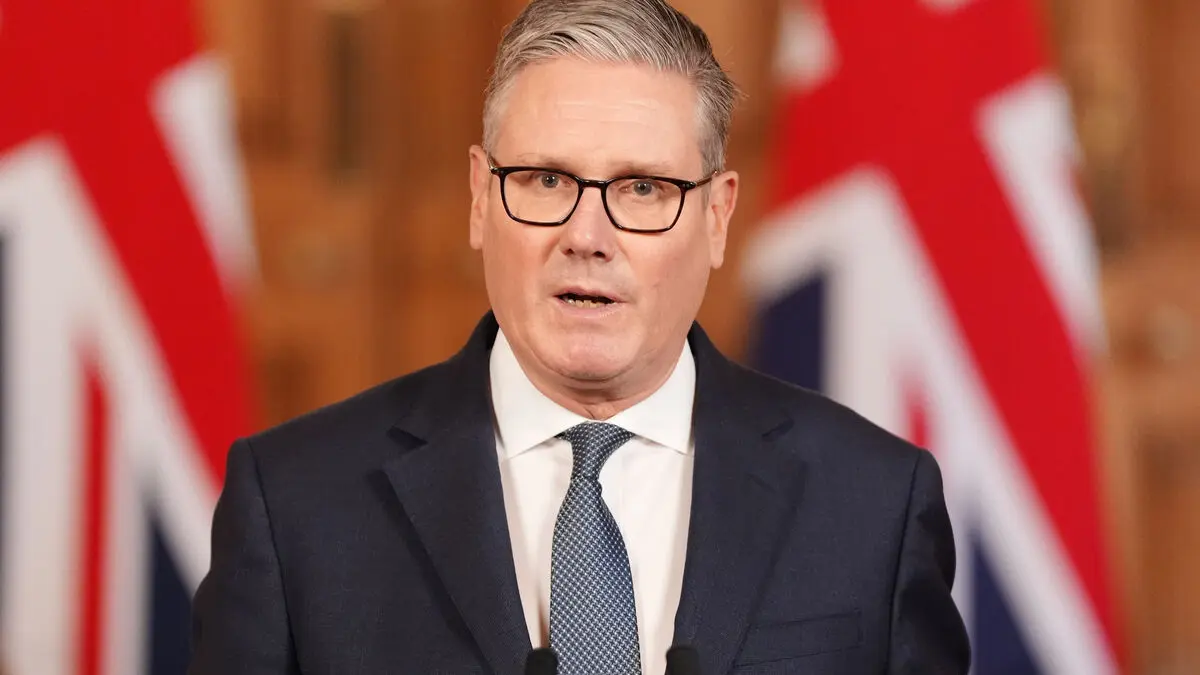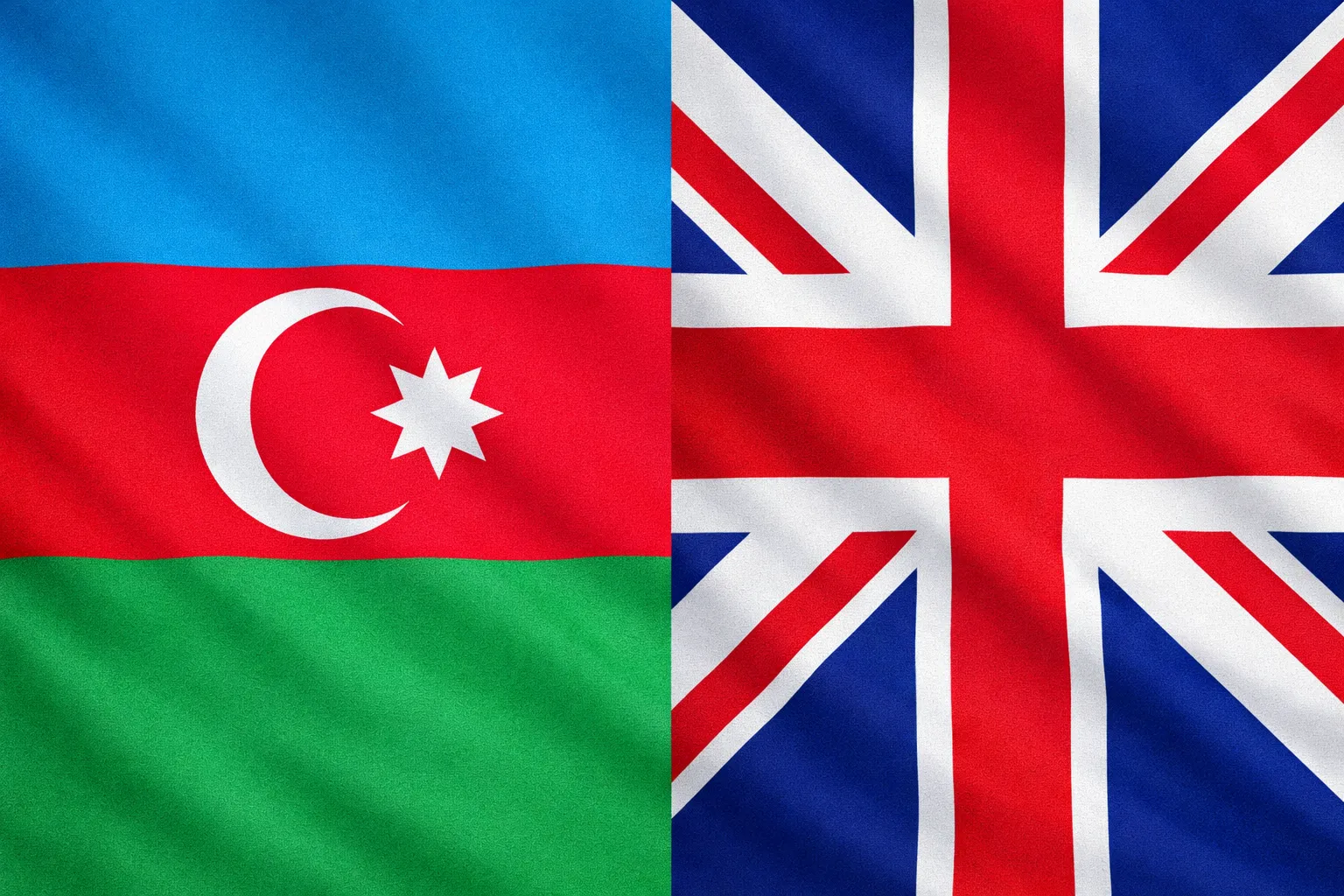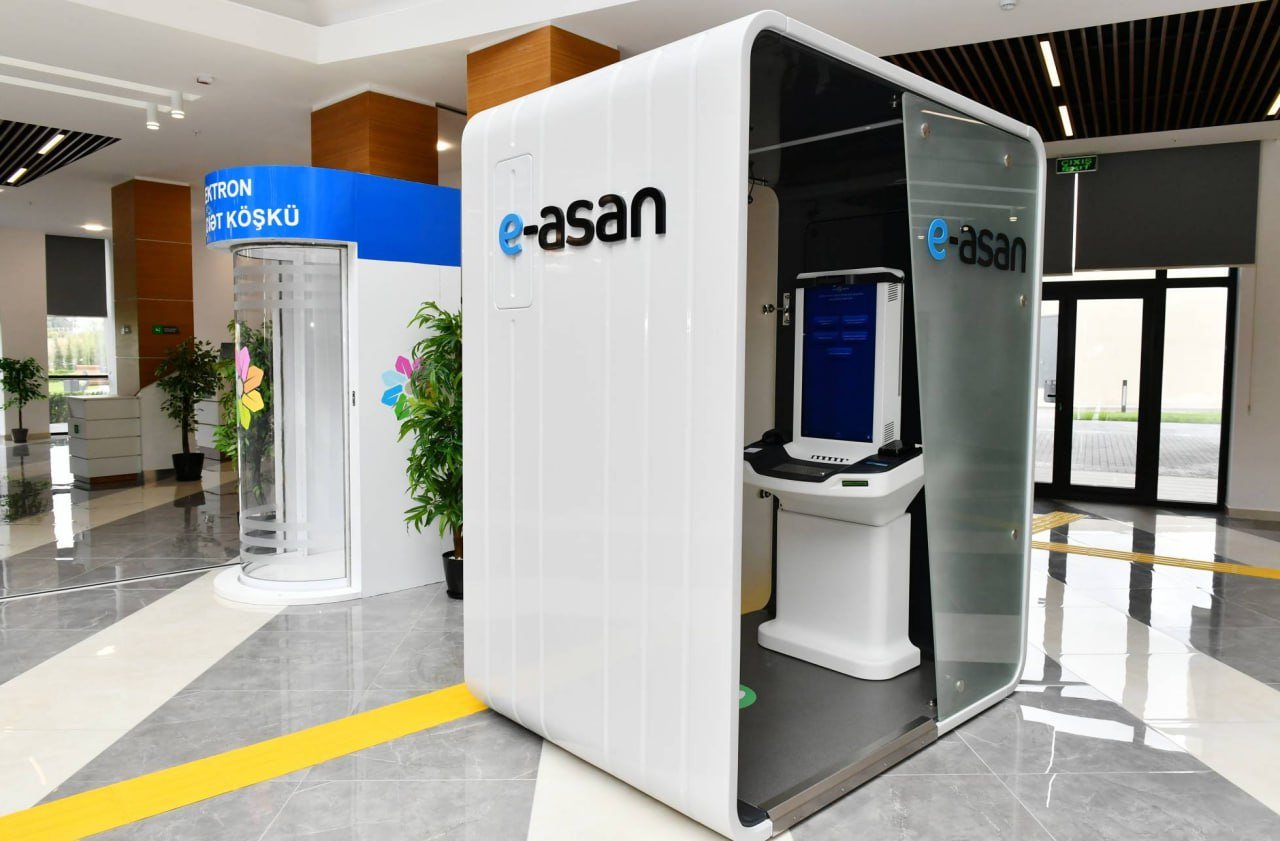London, May 20, 2024, The Europe Today: Britain is set to spend at least £4.7 billion ($6 billion, €5.5 billion) on implementing a new approach to importing goods following its exit from the EU customs market in 2020, according to the UK government’s public spending watchdog, the National Audit Office (NAO).
The UK voted to leave the European Union in 2016, but remained within the bloc’s single market and customs union until 2021. Following the withdrawal from the EU customs union in 2021, the EU-UK Trade Cooperation Agreement (TCA) came into effect, which the European Parliament has described as making the trading of goods between the UK and EU “burdensome” and leading to reduced trade volumes.
BTOM Implementation Costs to Reach $6 Billion
The UK is gradually implementing the Border Target Operating Model (BTOM) this year, which introduces more checks. The first phase commenced on January 31, followed by the second phase on April 31, including physical checks at ports. A third phase, requiring safety and security declarations, is scheduled for October 31. The NAO reported that the £4.7 billion figure represents the government’s forecasted expenditure on the 13 most significant programs designed to manage trade across the border and enhance performance over the programs’ lifetimes.
The UK government has delayed the full implementation of controls five times since exiting the EU customs market, causing uncertainty for businesses. The NAO criticized these delays, stating that late policy announcements and uncertainty regarding the implementation of controls have hindered businesses and ports’ ability to prepare for changes. Additionally, the watchdog was critical of the government’s 2025 UK Border Strategy, published in 2020, citing a lack of a clear timetable and an integrated cross-government delivery plan, with individual departments leading different aspects of implementation.














